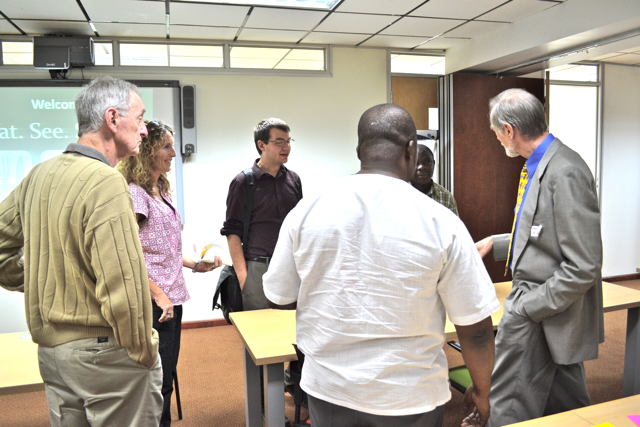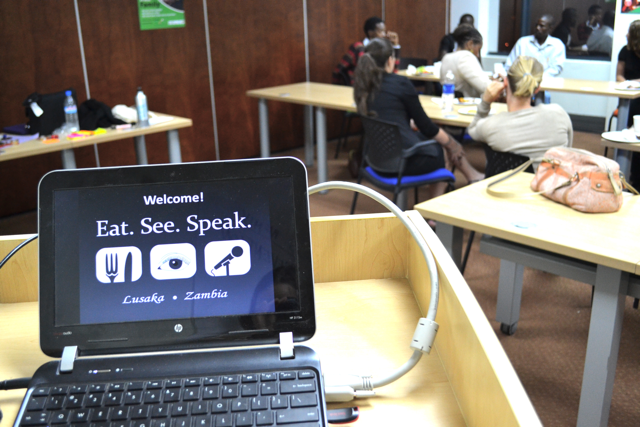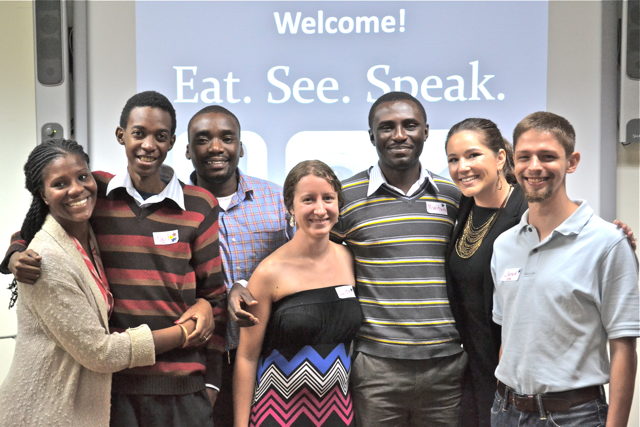
I am a huge movie fanatic and love EVERYTHING about the movie experience. What I love the most about really good films, regardless of genre or topic, is that they allow you to see the world with new lenses or travel to extraordinary places. They cause you to think, cry, laugh, get angry and hopeful. You are instantly transformed into the lives of people and walk in their shoes for hours at a time. You are able to feel their emotions, the highs and lows, joys and sorrows. You cheer these characters on or scold them for making avoidable mistakes. You see yourself in the characters eyes or long to be like them in some way.
Like books, films can take you places and force you to question or appreciate your reality. Unlike books however, films force you to gaze at what the director or cinematographer wants you to see and how you should see it. Where as books give way to the readers’ whimsical fantasies and boundless imagination to choose what to focus on and visually create in the mind.
If the pen is mightier than the sword and a picture is worth a thousand words, then a film is the convergence of power and eloquence capable of inspiring and moving the masses. Films simply get people talking.
This was the driving force behind an idea I had that I called EAT.SEE.SPEAK. It involved using the power of film, coupled with the GHC motto of collaboration and partnership, to engage people in dialogue about global health topics. Most importantly it was imagined as a means to bring together people from various sectors, career levels, and experiences together in one place to speak and discuss pressing global health issues.
The idea behind EAT.SEE.SPEAK was to bridge the gap between generations and career experiences together to discuss a public health issue highlighted through film or other visual media.
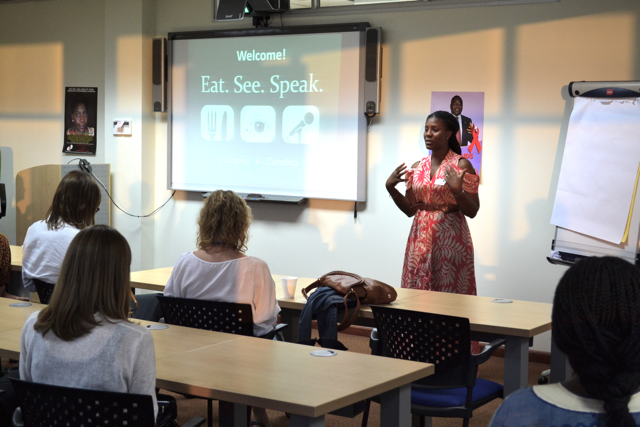
A few weeks ago, with the help of other Zambian fellows, we hosted a community EAT.SEE.SPEAK film screening event. The topic of the film addressed public health issues centered around Prevention of Mother to Child Transmission of HIV (PMTCT).

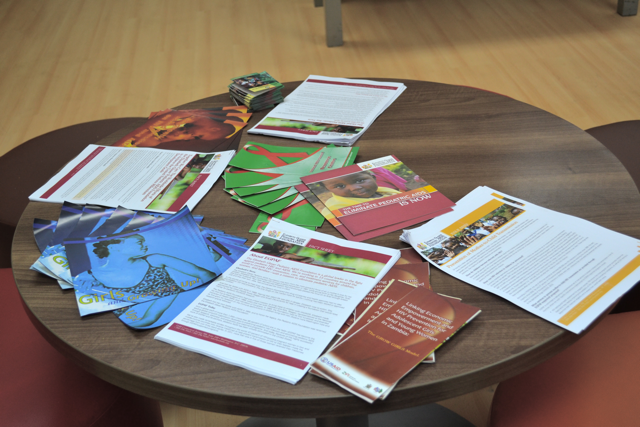
The film was a screening of Maggie Betts’ award winning documentary The Carrier . The film was shown to a diverse audience and an interactive discussion, with the provision of food and beverages, occurred afterwards. The film transported audience members into the life of a young mother and her family in Monze, Zambia. It highlighted her daily struggles living a rural life and the expectations she once had for herself. After recently being diagnosed with HIV, she discovers she is pregnant, and goes to great lengths to ensure her unborn child does not get the disease. She is a testament to the advancements in HIV interventions and progress in Zambia in combating pediatric HIV/AIDS.
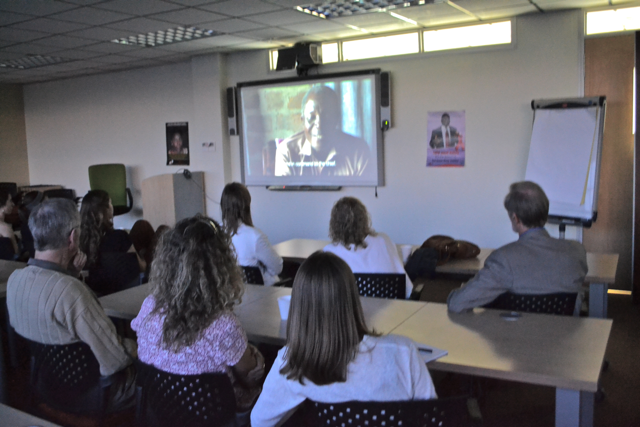
The event was attended by over 50 people from all over various professional sectors in Lusaka, young and old alike including the wife to the Minister of Health. Many of the discussions that occurred afterwards highlighted issues that were illustrated in the film and some that were not. Discussions ranged from the impacts of high youth unemployment, the lack of open discourse between generations about HIV/AIDS, women empowerment, and the changing impacts of Chiefdom authority among youths in rural Zambia. These discussion sessions were facilitated by GHC EGPAF fellow, Lauren Smith, who had prompts ready for each of the three discussion groups to get discussions going.

What was most important about this event is that it allowed for multiple generations to be at the table to speak and be heard. It allowed for various non-health, health workers, private and public sector, religious and secular alike to engage in dialogue. Each group had at least one major health NGO director or CEO in a group, actively participating in the discussions, at times being challenged by some of the youths in the group on the actions their organizations have taken to address HIV/AIDS in Zambia.
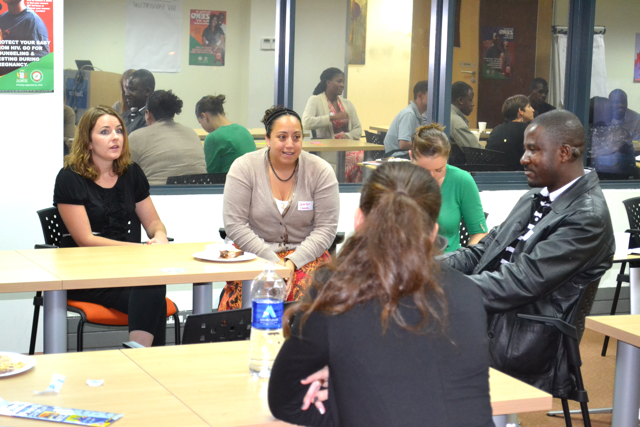
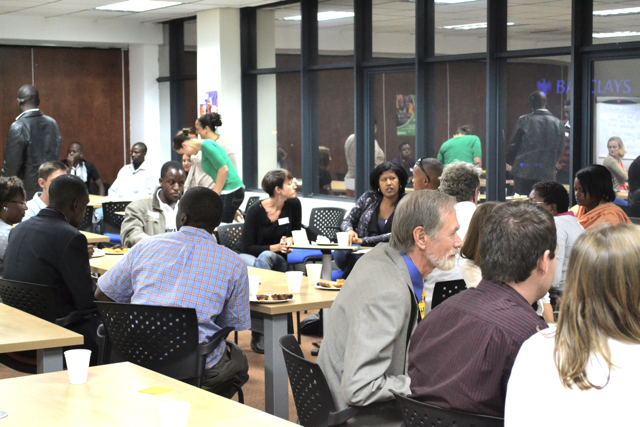
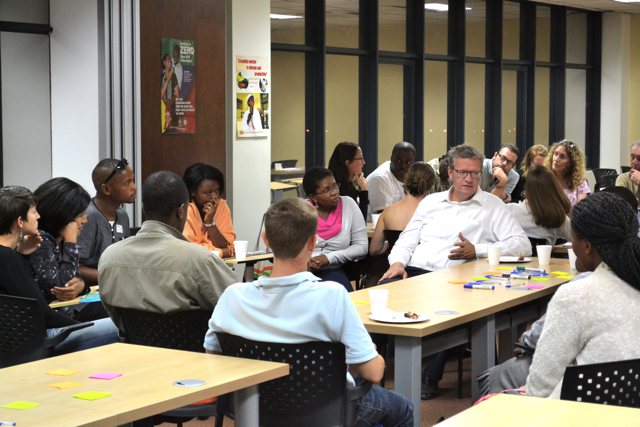
As a GHC fellow, I have had certain privileges to engage in such discussions across generational lines and career levels. This, however is not the case for most young people, and it should be. The issues of today will inevitably be inherited by many of the young professionals who attended this event.
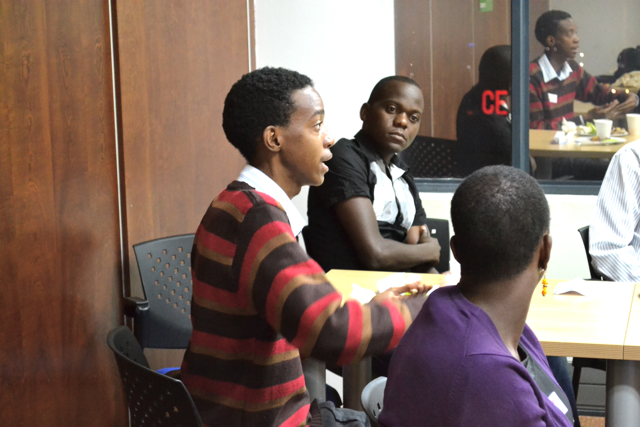
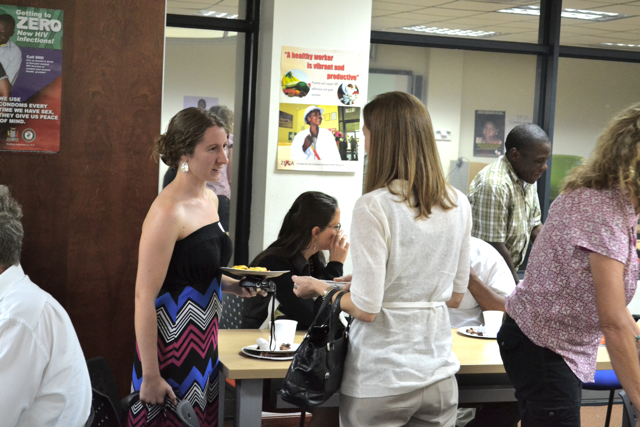
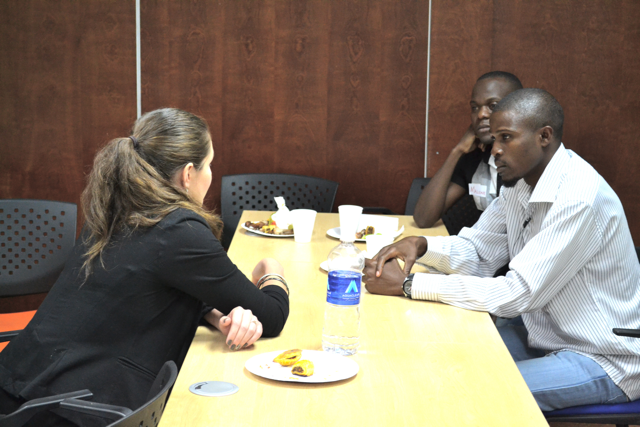
Many of us will be future Country Directors, CEOs, and government leaders one day. It is important to know and understand where we have been as global health practitioners, in order to know where we should go moving forward as a community. Having an event like EAT.SEE.SPEAK, which used film as the platform for dialogue and social integration, is key to continued conversations, youth engagement, and cross-generational learning.
